As the world economy grows ever more competitive and connected, US politicians have done little to protect America’s position in global markets. That’s the premise behind this astute analysis by trade expert Edward Alden, who reports on decades of stagnating wages and dying factory towns. He notes that Washington, DC, has gone missing in economic strategy – leaving city and state officials to do battle on the international stage. Alden does see a way out, but his strategies would require levels of common-sense cooperation from a system mired in political gridlock.
America’s manufacturing sector has been struggling for decades.
When President John F. Kennedy visited Monessen, Pennsylvania, in 1962, the steel town was already facing economic challenges. Pittsburgh Steel was the biggest employer in Monessen, but the postwar boom had included setbacks. Wages were increasing sharply, but worker strikes were frequent. And by the mid-1960s, foreign competition was eating into Pittsburgh Steel’s profits. In the 1980s, Pittsburgh Steel closed its Monessen factory. After Kennedy’s visit, presidents mostly ignored little Monessen – and they overlooked the economic challenges faced by Rust Belt towns. In 1992, third-party presidential candidate Ross Perot bucked the trend by bemoaning the lost jobs that loomed after passage of the North American Free Trade Agreement, but Monessen’s decline continued. By the time Donald Trump came to town during his 2016 campaign, Monessen was a shadow of its former self.
Monessen’s population of 18,400 during the early 1960s had shrunk to 7,500. When the steel mill and other factories left, residents moved out. Businesses closed...
Edward Alden is a senior fellow at the Council on Foreign Relations. He is the author of The Closing of the American Border: Terrorism, Immigration, and Security Since 9/11, which was named a finalist for the J. Anthony Lukas Book Prize for nonfiction.









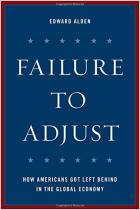

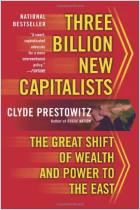
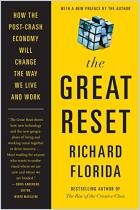
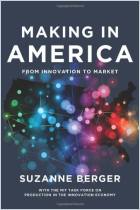
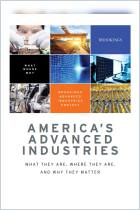



Comment on this summary or Diskussion beginnen